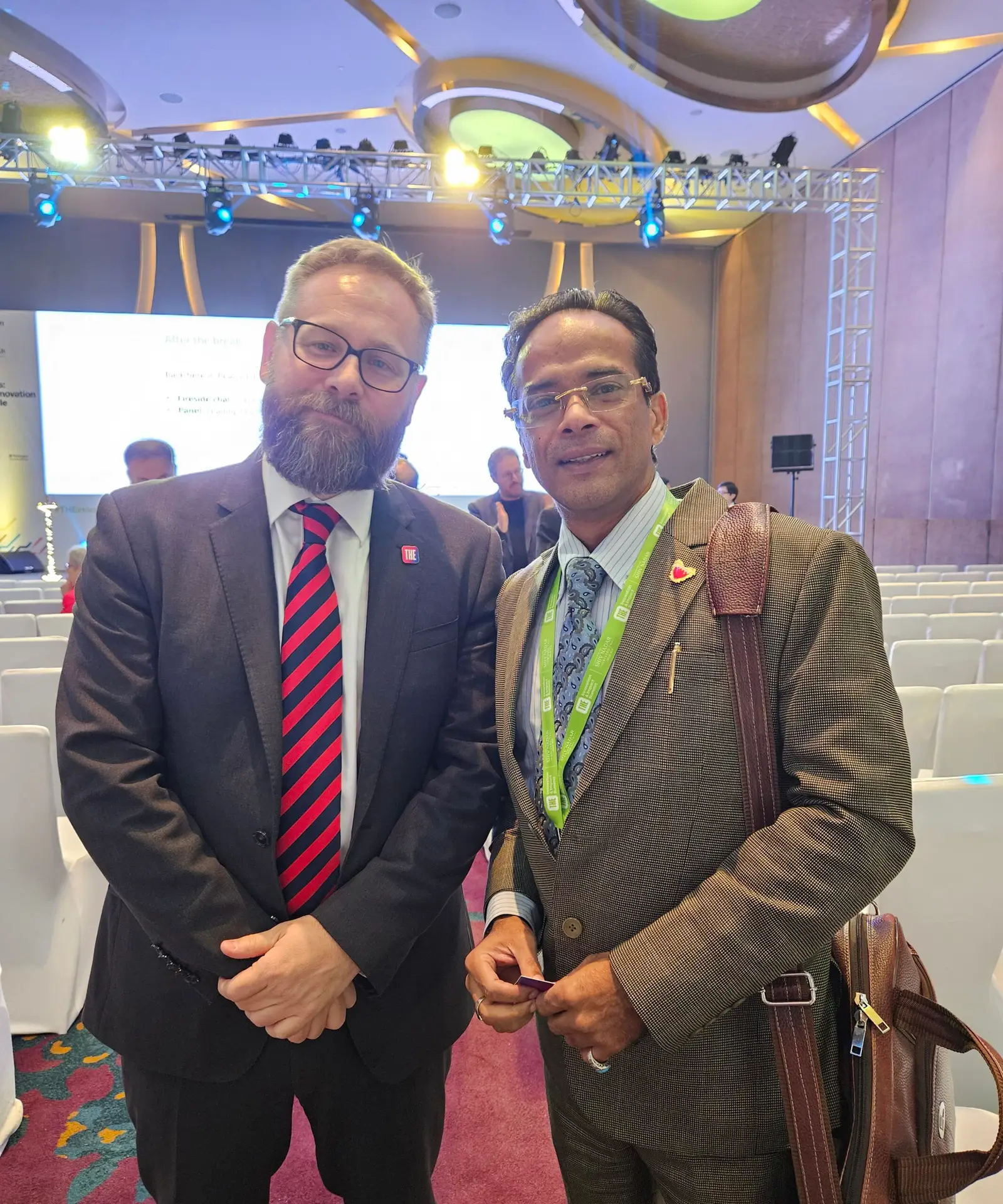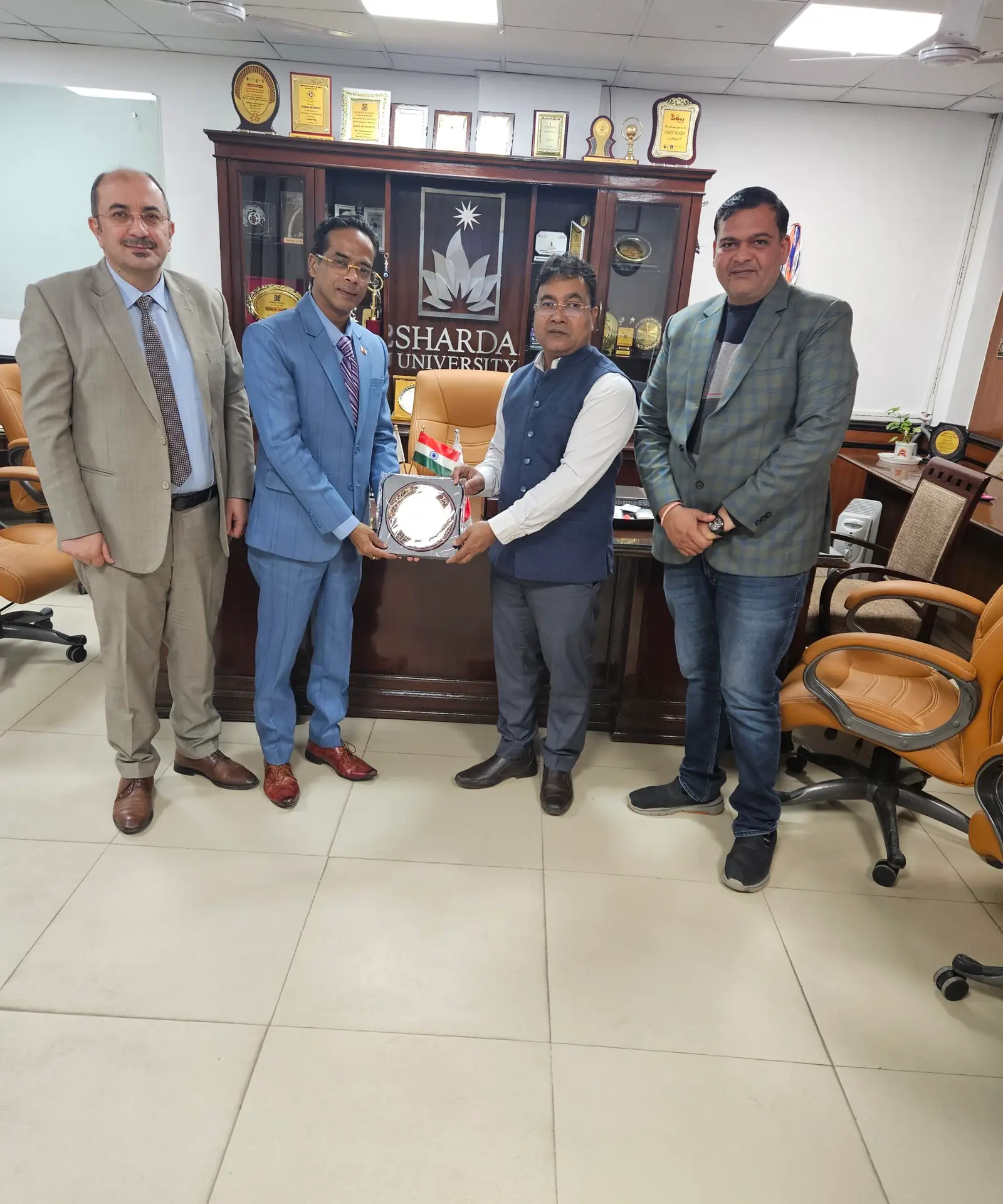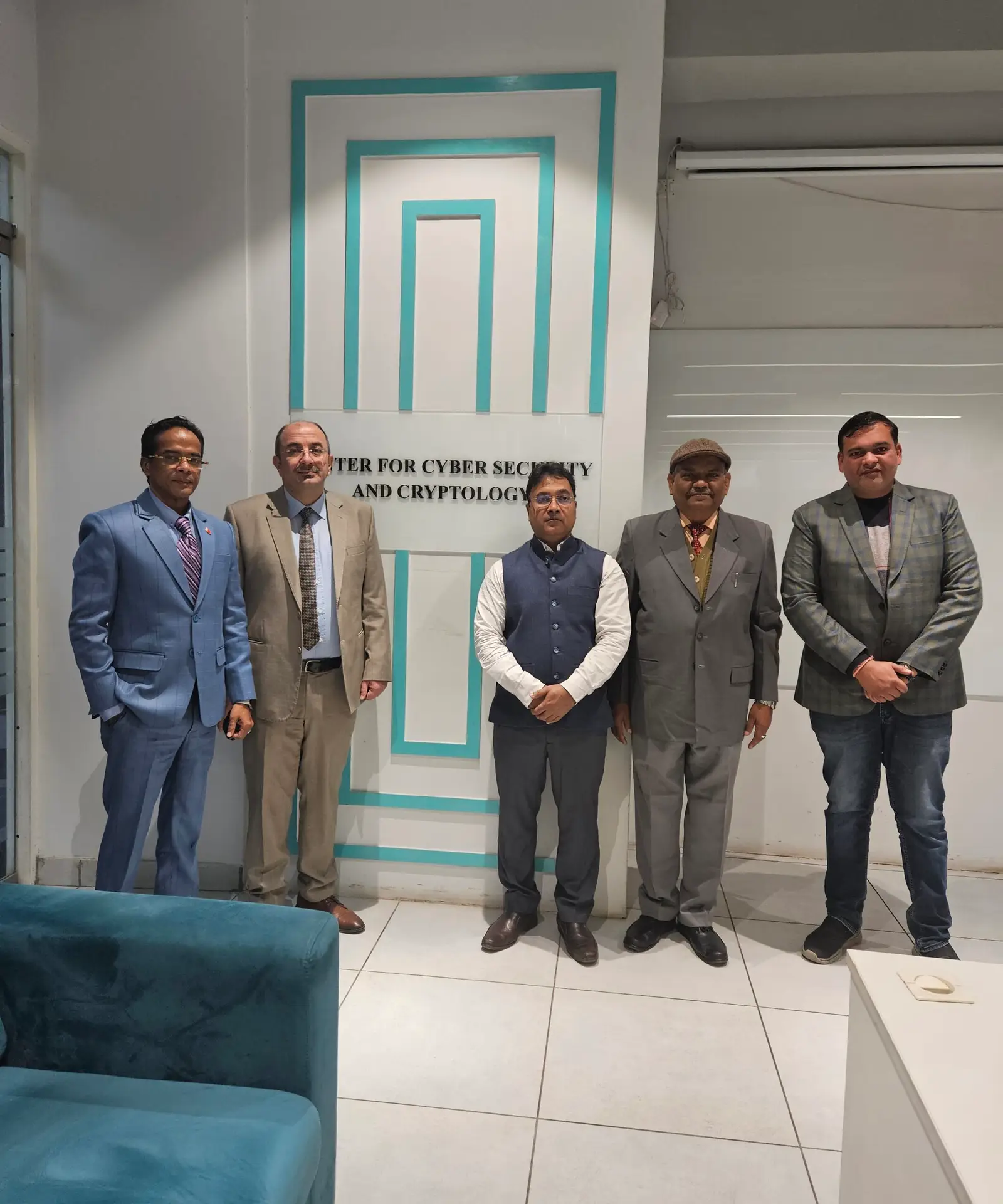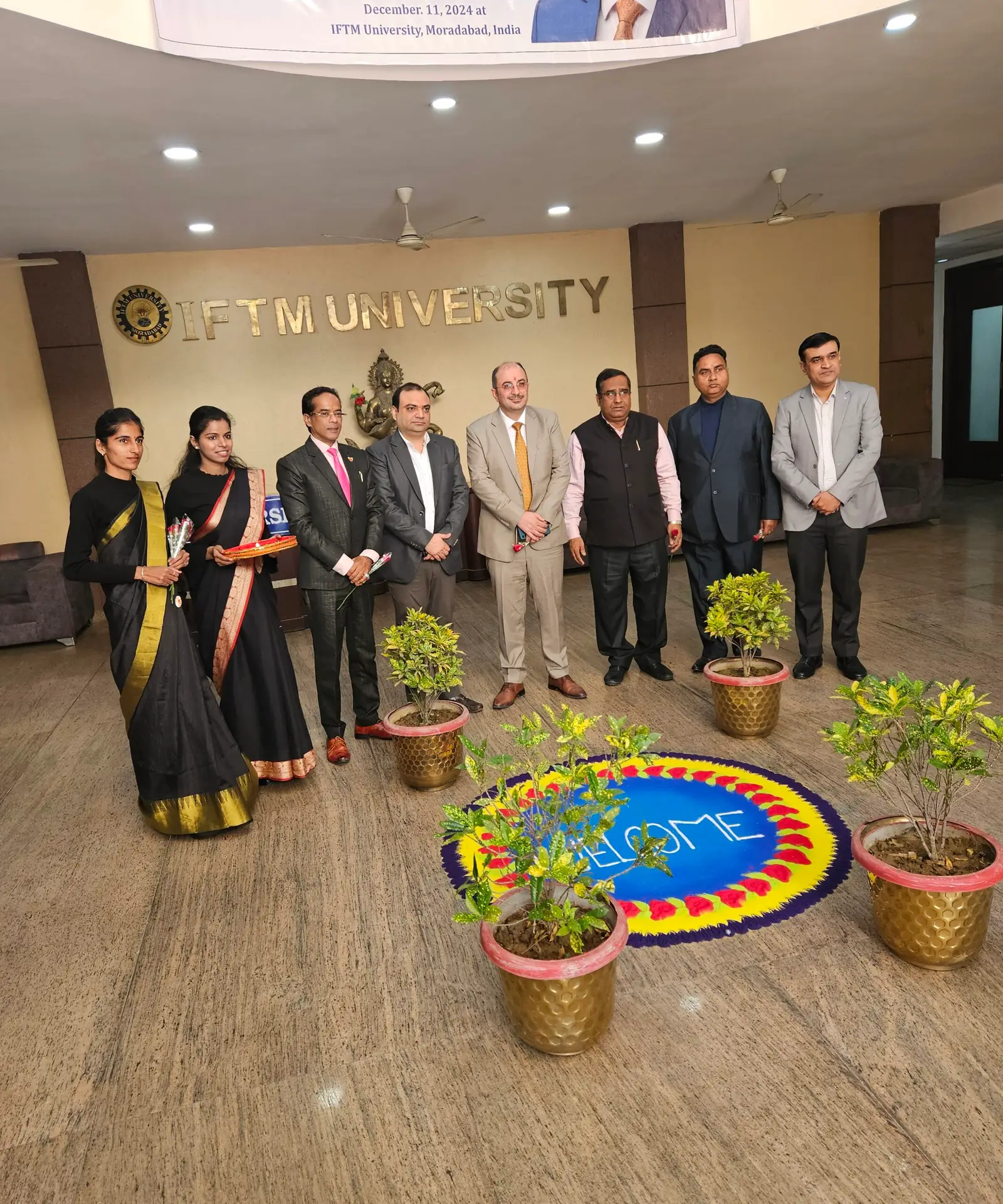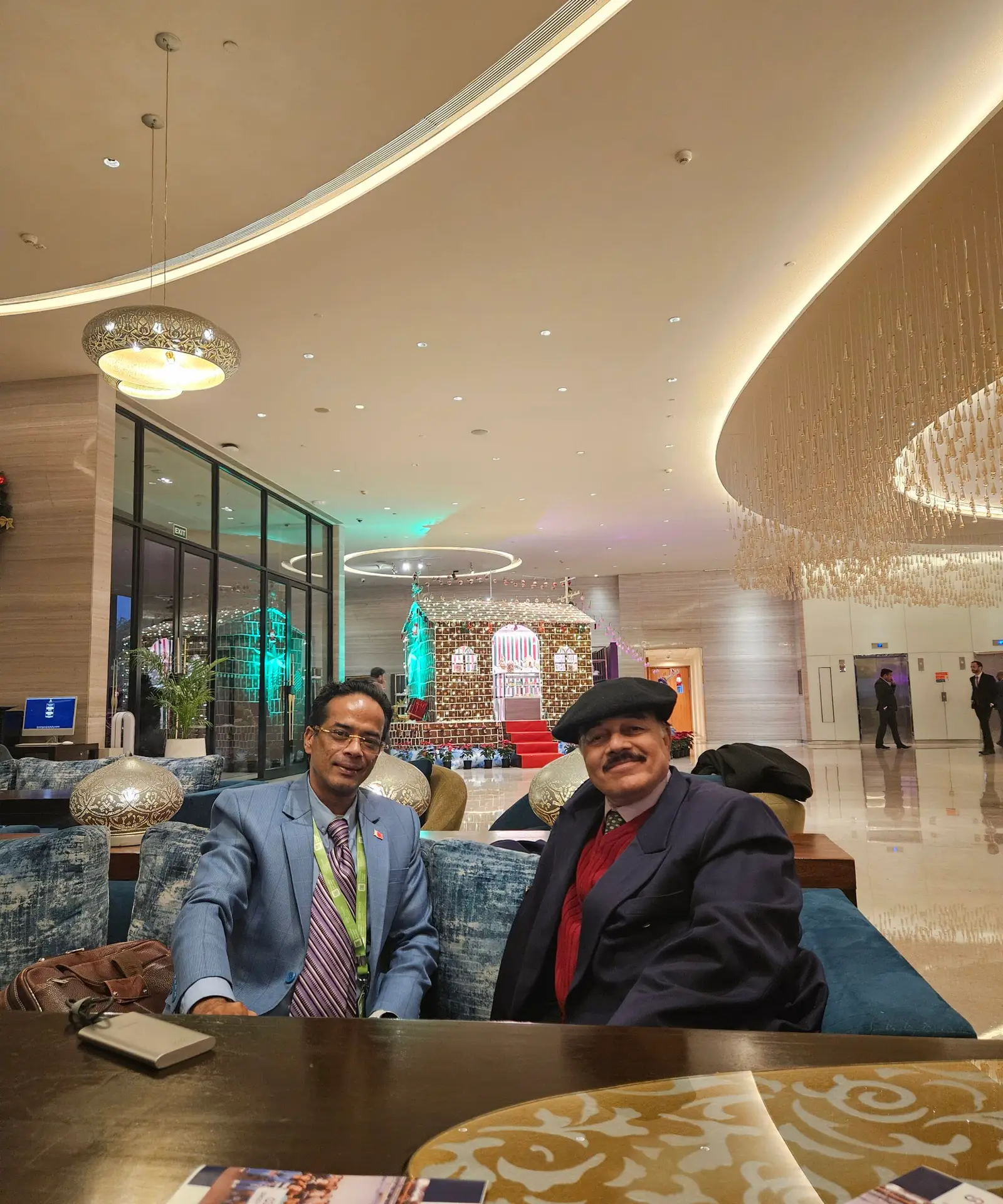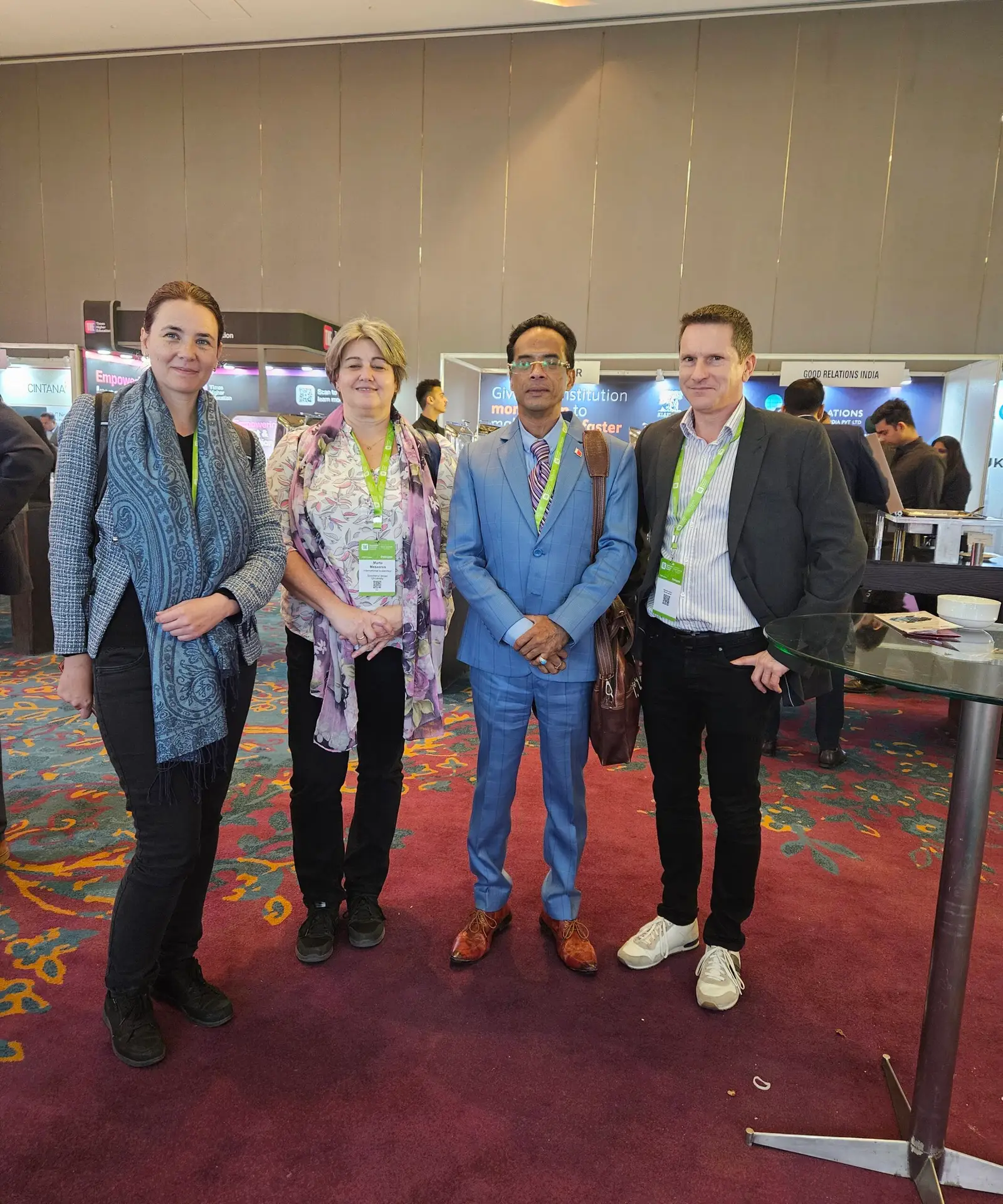Teaching
Teaching Philosophy
Dr. Tanvir Mahmoud Hussein believes that teaching is not just the transmission of knowledge, but a transformational process that equips students with analytical thinking, ethical understanding, and practical tools to lead in today’s dynamic financial environment. He blends theory with practice, encouraging students to explore real-world financial problems through case studies, simulations, and research-based learning.
His approach fosters critical inquiry, participatory learning, and professional development, ensuring that students are industry-ready and intellectually capable of facing global challenges.

Commitment to Lifelong Learning and Professional Integration
A Philosophy Rooted in Relevance and Rigor
Dr. Tanvir Mahmoud Hussein believes that teaching must inspire critical thinking, foster curiosity, and prepare students to become leaders in an increasingly complex global economy. His teaching style is student-centered, blending academic rigor with practical application. With over 20 years of experience across institutions in India, Bahrain, and Saudi Arabia, he emphasizes the development of not just financial knowledge, but ethical awareness, decision-making ability, and professional discipline.
Courses Grounded in Real-World Relevance
Dr. Hussein has taught a wide range of finance and management courses at both undergraduate and postgraduate levels. His course offerings include Corporate Finance, Investment Analysis, Risk Management, and Islamic Banking, among others. Each course is carefully designed to reflect current trends, regulatory practices, and global market behavior. By embedding real case studies and practical tools such as financial modeling and project analysis, his classes bridge the gap between classroom theory and real-world application.
Teaching with Technology and Innovation
A key feature of Dr. Hussein’s teaching is his use of modern tools and methodologies. He regularly incorporates data analysis platforms, financial databases, and interactive simulations to create a dynamic classroom experience. His students engage in stock market simulations, project risk assessments, and live financial statement analyses. These activities not only enrich understanding but also build the technical competence demanded by today’s financial industry.
